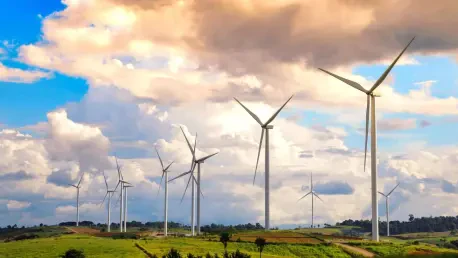Colombia’s burgeoning wind energy sector in La Guajira has created both opportunities and challenges for the Wayuu indigenous community. The introduction of wind farms, such as Guajira 1, has visibly transformed the landscape of this northern region with towering turbines. For the Wayuu, this shift carries significant socio-cultural implications. The noise of the turbines disrupts their sacred dreams, an integral component of their spiritual connection and ancestral communication. Economic benefits have emerged, thanks to energy company Isagen’s contributions, including improved infrastructure and clean water access. However, these benefits are shadowed by cultural costs and disputes over fair compensation. The energy projects have prompted divisions and conflicts among the Wayuu due to perceived injustices in negotiations and transparency issues.
Resistance has been notable, with some projects halted following community protests. Companies like EDP Renováveis and Enel have withdrawn projects due to economic unfeasibility and persistent opposition. Reports of violent incidents underscore the tensions in what are dubbed “wind wars.” Anthropologists like Wieldler Guerra note an ongoing disconnect between the Wayuu’s spiritual perspective and the energy companies’ view of the wind as a mere resource. Engagement efforts by entities such as AES Colombia emphasize dialogue and compensatory measures, yet broader government involvement is deemed essential to reconcile conflicts and ensure sustainable outcomes. The challenge lies in achieving a balance between technological advancement and preserving cultural integrity while empowering local communities in La Guajira, one of Colombia’s poorest regions, highlighting persistent infrastructure gaps amid this energy transition.









